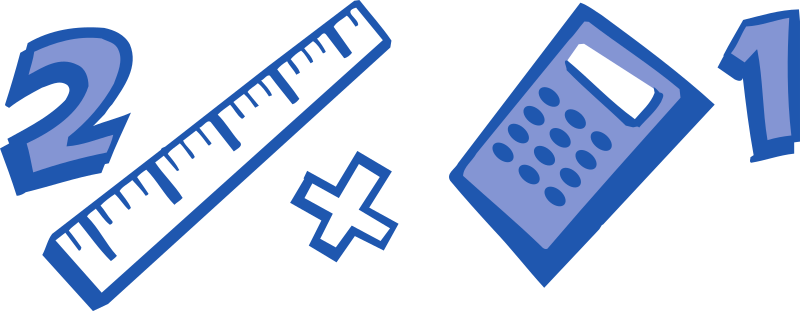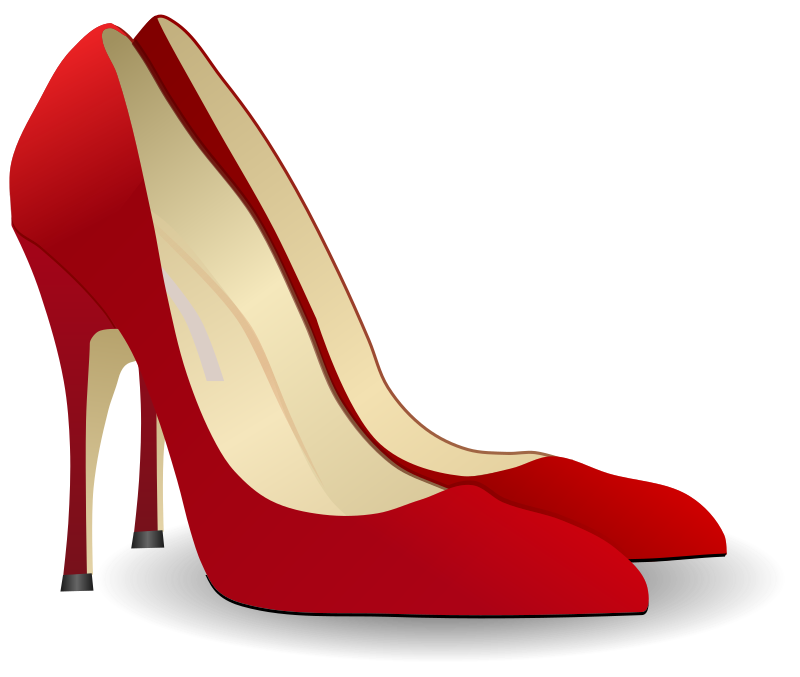To me, pluralizing is one of the easiest tasks you will ever perform with the English language. This is one of the simplest word problems you are ever going to face. The rules could not be any less complex. And yet somehow, people get it wrong every single day. If you follow me on Twitter, you're likely to see me go wild about it on occasion. But that's all going to change, because today I'm going to blog about how to pluralize. Let's put the matter to rest once and for all.
Rules are Rules
There are few rules in life, but if you learn to master them you will keep yourself out of all sorts of trouble. Don't kill anyone. Always relieve yourself within the boundaries of an appropriate toilet facility. And pluralize words by adding s to them.
Do these three things, and you're not going to run afoul of me anyway. In all seriousness, grammar errors are not quite as essential as the rule that you absolutely should not commit homicide. However, myself and many other readers do place a good deal of importance on them.
























